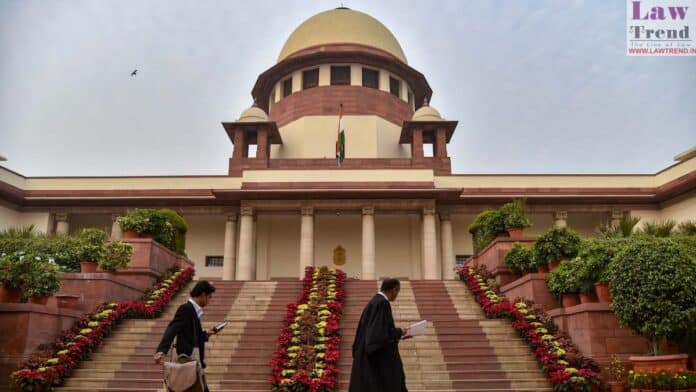The Supreme Court of India, in a landmark judgment, has reinforced the principle that the condonation of delay must be based on bona fide reasons and cannot be permitted under a liberal approach that undermines limitation laws. In H. Guruswamy & Ors. v. A. Krishnaiah (Civil Appeal No. 317 of 2025), the Court overruled a
To Read More Please Subscribe to VIP Membership for Unlimited Access to All the Articles, Download Available Copies of Judgments/Order, Acess to Central/State Bare Acts, Advertisement Free Content, Access to More than 4000 Legal Drafts( Readymade Editable Formats of Suits, Petitions, Writs, Legal Notices, Divorce Petitions, 138 Notices, Bail Applications etc.) in Hindi and English.




